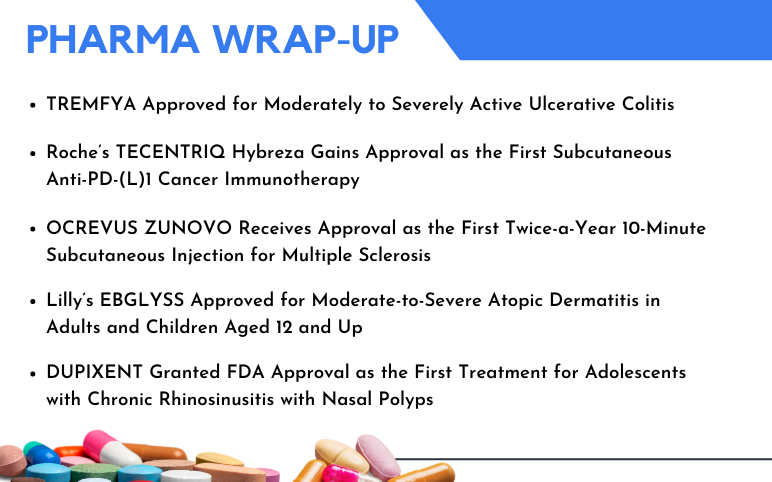
Apr 17, 2019
Multiple Sclerosis is an unpredictable, autoimmune disease that affects the central nervous system, disrupting the transfer of information within, or between the brain and body. It causes the body’s immune system to produce cells and proteins (antibodies) that attack the fatty substance, myelin, which is responsible for protecting the nerve fibres. The damaged myelin results in neurologic impairment destroyed nerve fibres and the formation of scar tissues known as sclerosis. While Multiple Sclerosis is not inherited or contagious but there are some associated factors like Age, gender, genetics, family history, race, geography, and ethnicity.
In terms of sex-specific Multiple Sclerosis epidemiology, most of the patients diagnosed with Multiple Sclerosis were females. According to DelveInsight’s estimates, the total prevalent population in the 7MM was approximately 1,315,649 in 2017. DelveInsight’s assessed the highest prevalence of Multiple Sclerosis in the United States. Among the European five countries, Germany had the highest Multiple Sclerosis prevalent population, followed by France. On the other hand, Spain had the lowest prevalent population in 2017. Among the 7MM countries, Japan had the lowest prevalent population of Multiple Sclerosis.
Multiple Sclerosis Therapeutic market is swamped with many potential disease-modifying therapies (DMT) like Copaxone, Tecfidera, Gilenya, Tysabri, Avonex, Aubagio, Lemtrada, Ocrevus, Rebif, Betaseron, Extavia, Plegridy, Fampyra, and Zinbryta. DMT is a drug that has the potential to modify or change the course of a disease. It either reduces the number of attacks or slows down the progression of the disease.
Article in PDF
The DMTs used are mainly segmented into intravenous infusions (Tysabri and Lemtrada), injectables (Avonex, Copaxone, Rebif, Betaseron, Extavia, and Plegridy) and oral therapies (Aubagio, Tecfidera, and Gilenya). Traditionally, injectables and intravenous therapies dominated the treatment regimen but gradually, oral therapies took up, and now the majority of the Multiple Sclerosis Treatment shares is owned by the Beta interferons, leading to becoming the most prescribed ones.
With six approved DMTs [Avonex, Plegridy, Zinbryta, Fampyra (outside-US), Tysabri and Tecfidera], it is estimated that approximately 80% of Biogen’s revenue is generated by the company’s Multiple Sclerosis segment, which makes it the influential player in the Multiple Sclerosis market.
Beta interferons were the first drugs that got approval for treating relapsing-onset MS, and are in use longer than any other DMT. But so far no clarity has been issued on their ability to alter the survival. In a recent study conducted at the University of British Columbia and Vancouver Coastal Health Research Institute, published in the journal Brain, it was found that people suffering from Relapsing Multiple Sclerosis who took a beta interferon 1b drug had 32% lower mortality risk. The results were more evident where such treatments were prevalent for more than three years. The study conducted on 5,989 people (75% were females) with relapsing-onset MS in British Columbia and France, revealed consistent finding between the two geographic groups and between men and women.
The findings have provided solace in terms of extending longevity and providing an alternative for injections. However, research on the impact of Beta interferons on the quality of life will soon follow.
Article in PDF

